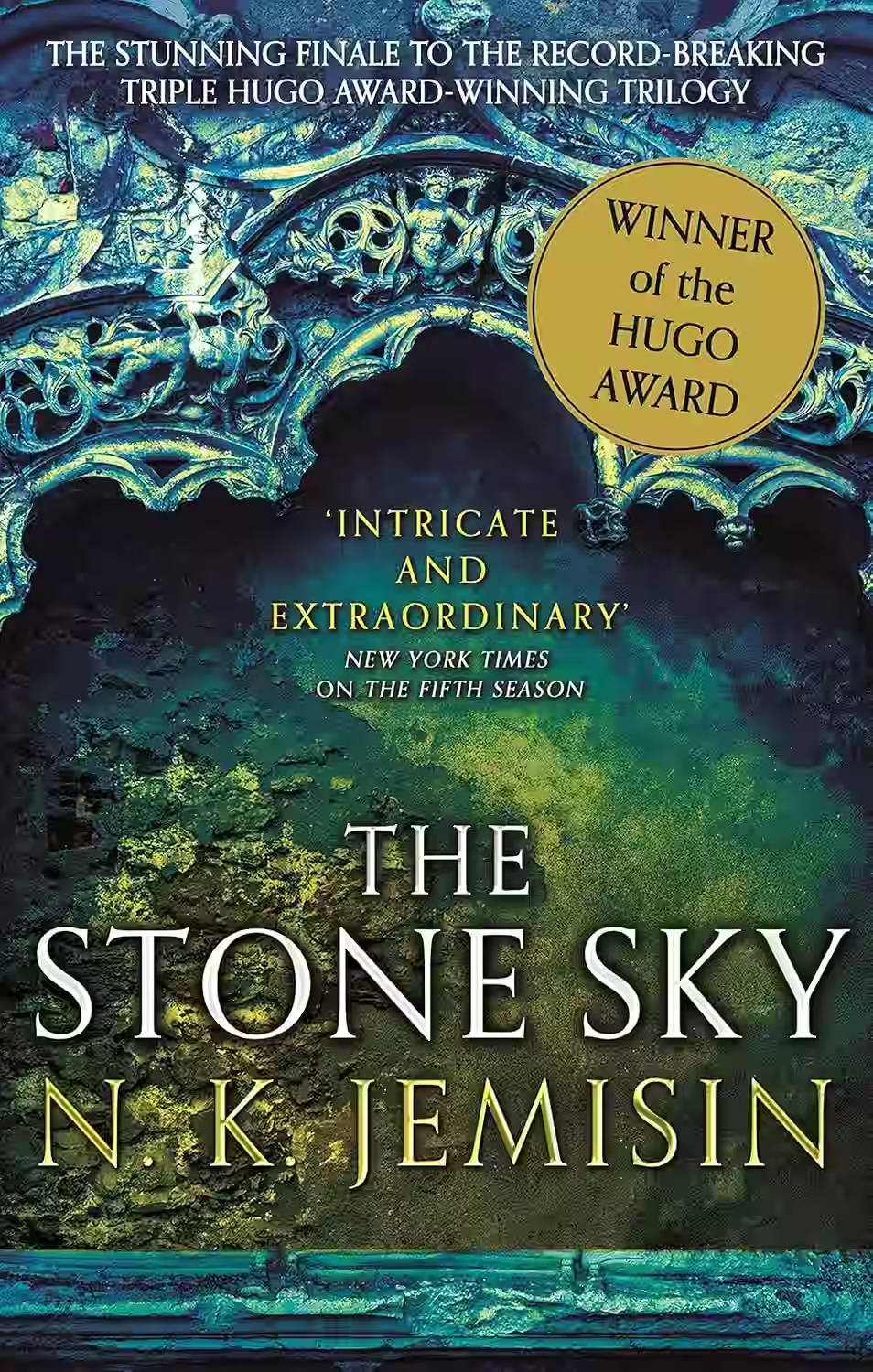
The incredible conclusion to the record-breaking triple Hugo award-winning trilogy that began with the The Fifth Season. The Moon will soon return. Whether this heralds the destruction of humankind or something worse will depend on two women. Essun has inherited the phenomenal power of Alabaster Tenring. With it, she hopes to find her daughter Nassun and forge a world in which every outcast child can grow up safe. For Nassun, her mother's mastery of the Obelisk Gate comes too late. She has seen the evil of the world, and accepted what her mother will not admit: that sometimes what is corrupt cannot be cleansed, only destroyed.
About The Broken Earth Series
Beginning with The Fifth Season, this Hugo Award-winning trilogy is set in a world plagued by apocalyptic geological disasters. In a society where orogenes—people with earth-controlling powers—are oppressed, a mother searches for her lost daughter while the world literally crumbles. Jemisin weaves a story of systemic oppression, survival, and transformation. With second-person narration and layered world-building, The Broken Earth challenges fantasy norms and delivers a powerful narrative about grief, power, and rebirth.
About N. K. Jemisin
An American speculative fiction author celebrated for her intricate world-building, complex characters, and exploration of social justice themes within fantasy and science fiction. Her Broken Earth trilogy, which won three consecutive Hugo Awards, is a landmark of modern fantasy, tackling issues of oppression, resilience, and environmental catastrophe with powerful storytelling and innovative world-building. Jemisin is a significant and influential voice in contemporary speculative fiction.
Other Books by N. K. Jemisin
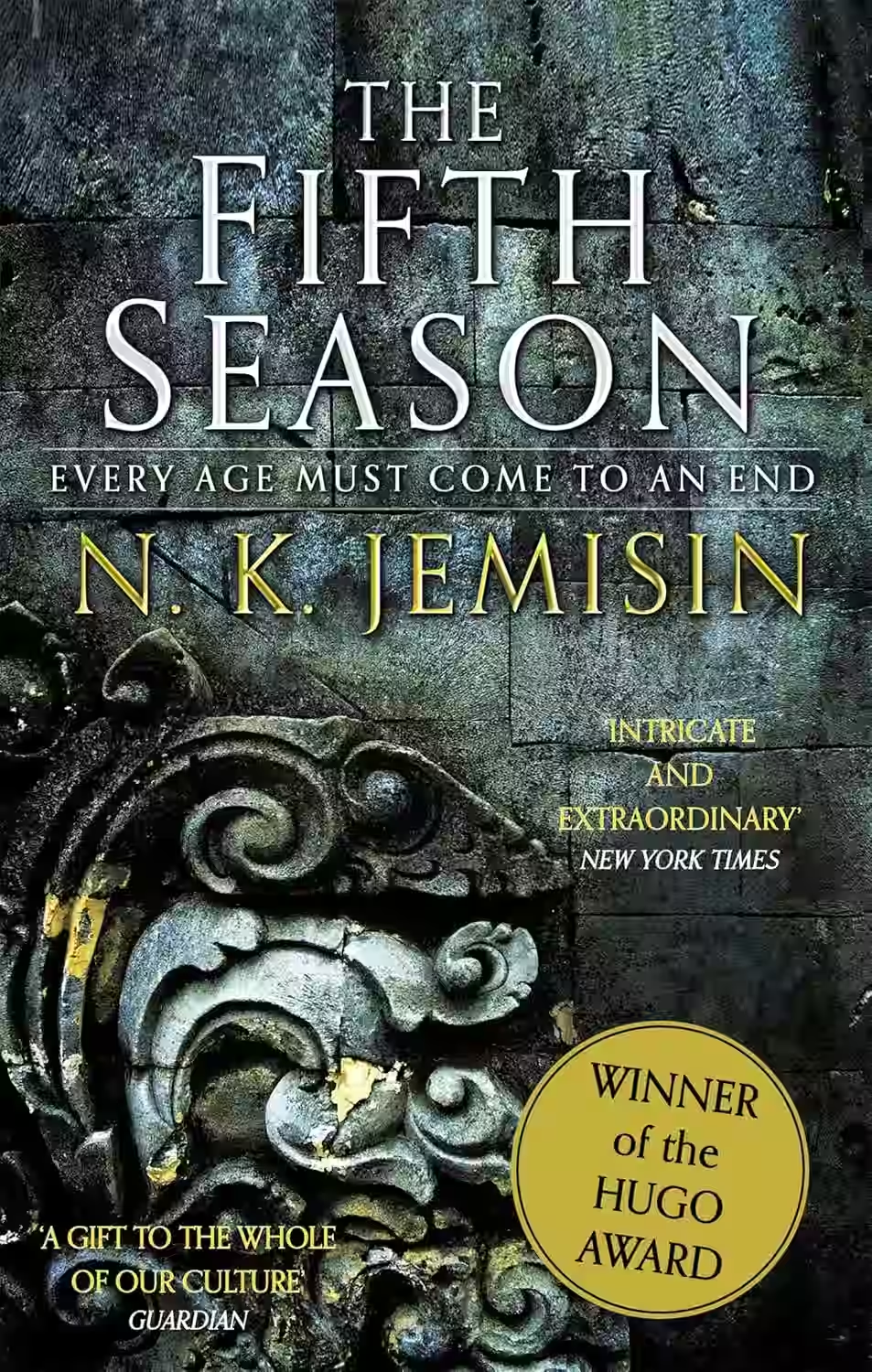
The Fifth Season
Series: The Broken Earth (#1)
In The Fifth Season, the world ends—again. In a single day, Essun returns home to find her son murdered by her husband, who has vanished with their daughter. At the same time, the empire of Sanze collapses, and a massive rift tears through the continent of the Stillness, unleashing ash that will darken the skies for years. As civilization crumbles and survival becomes a brutal fight for dwindling resources, Essun sets out through a dying land to rescue her daughter. She doesn’t care if the world burns—she’ll shatter it herself if that’s what it takes. A fierce, gripping tale begins.
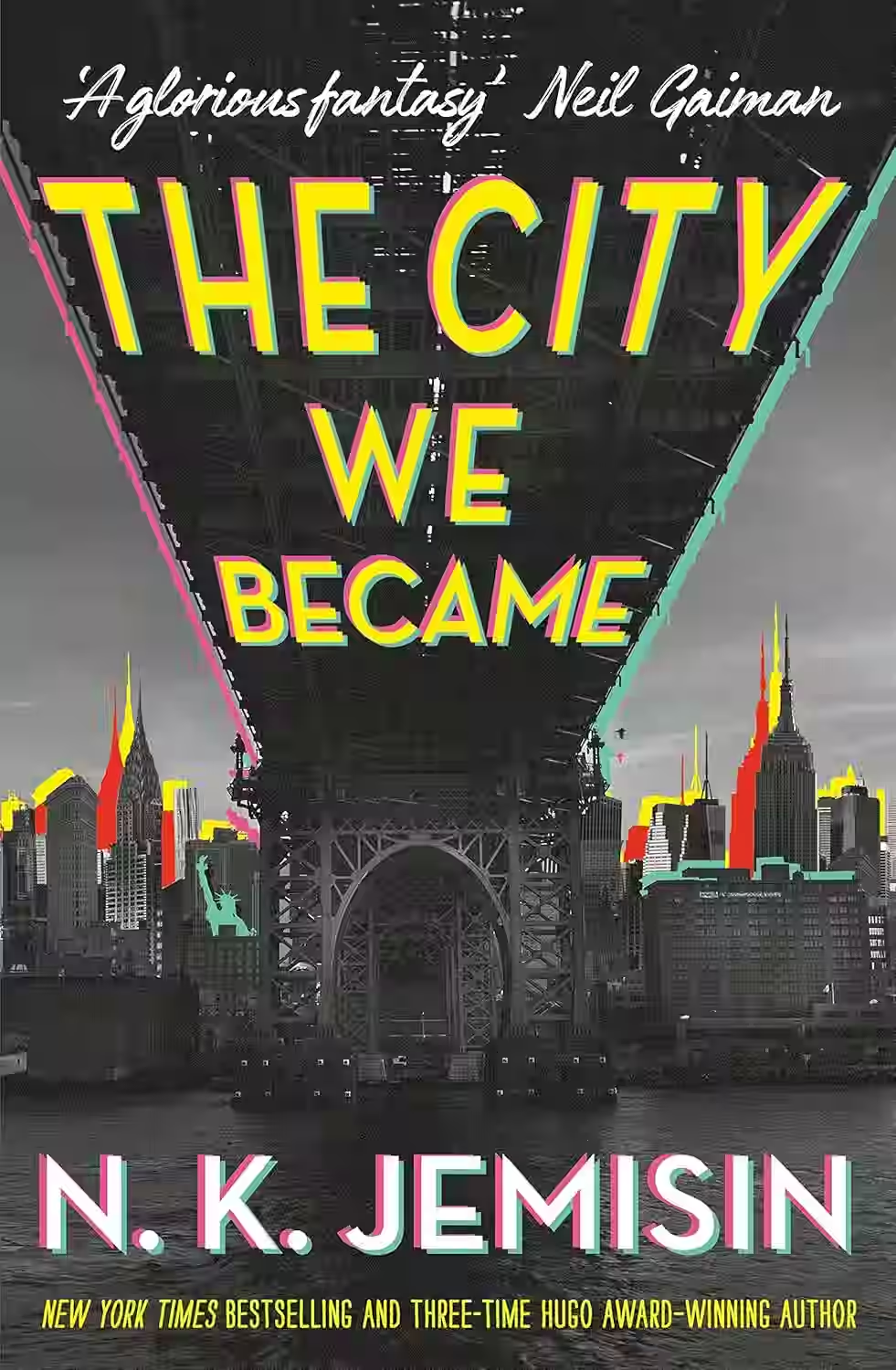
The City We Became
Series: The Great Cities (#1)
In The City We Became, N.K. Jemisin brings New York City to life—literally. Each borough manifests as a human avatar, tasked with defending the city against an otherworldly force seeking to consume it. When the city’s primary avatar falls into a coma, five individuals must come together to protect their home. Mixing cosmic horror, urban fantasy, and social commentary, the novel explores themes of identity, resistance, and cultural diversity. It’s a love letter to New York and a powerful allegory about cities as living, breathing entities shaped by the people who inhabit them.
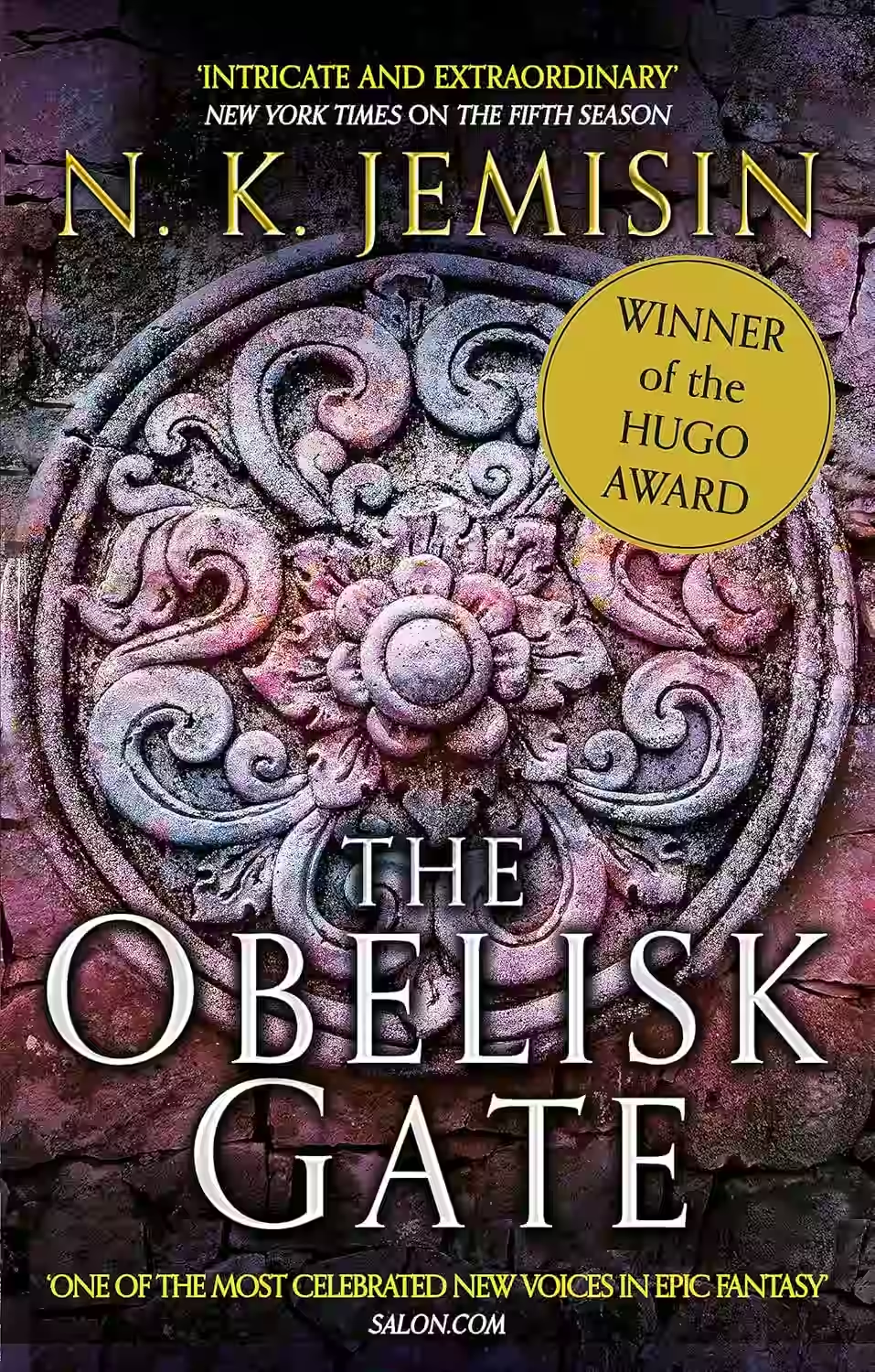
The Obelisk Gate
Series: The Broken Earth (#2)
In this Hugo Award-winning sequel to The Fifth Season, the world teeters on collapse as orogenes manipulate seismic forces to survive. Essun continues her search for her daughter while mastering the deadly power of the Obelisk Gate. Jemisin expands her fractured world with heart-wrenching depth, weaving themes of oppression, legacy, and survival into a unique, genre-defying narrative.
Similar Books
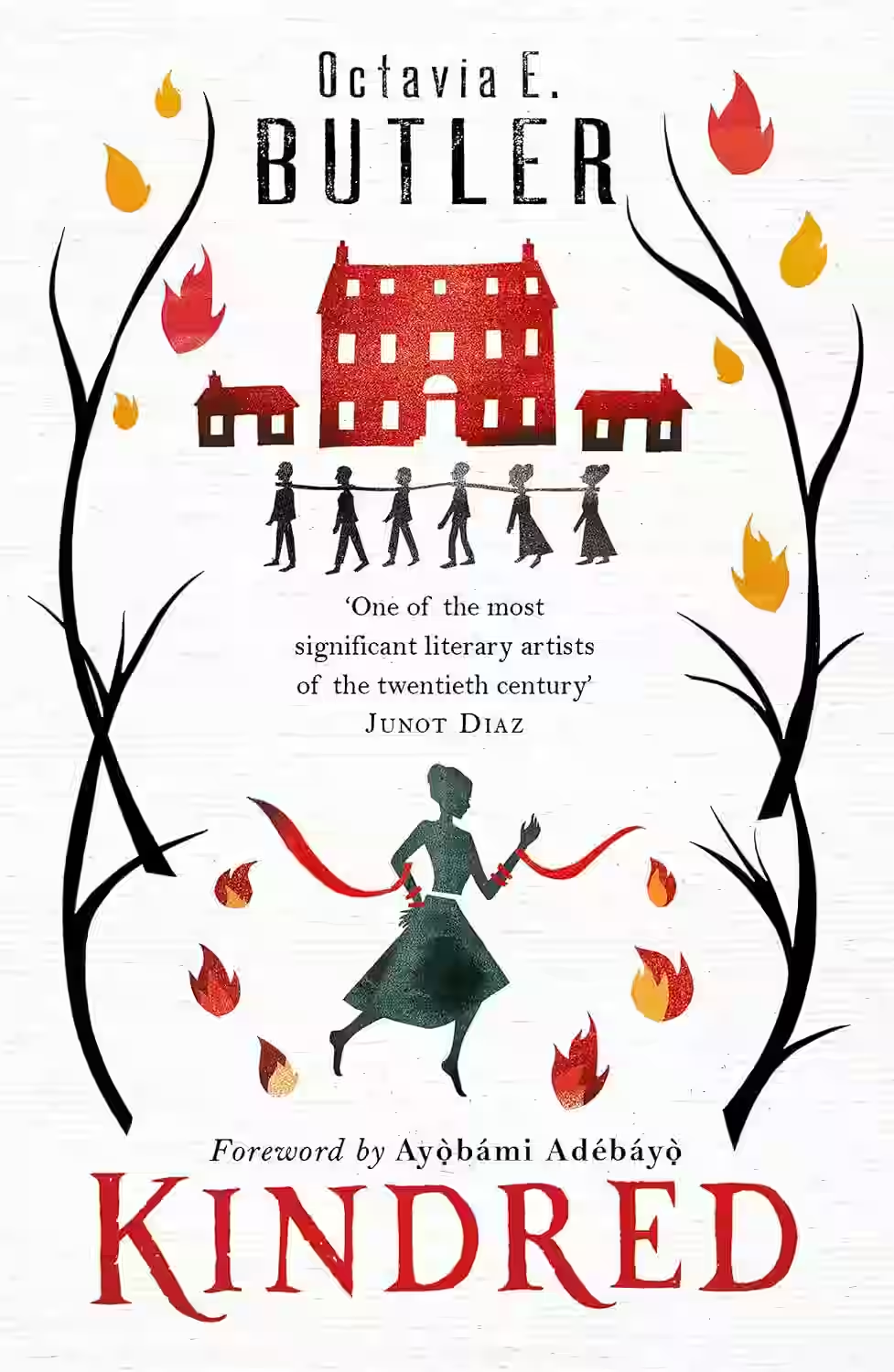
Kindred
In 1976, Dana dreams of being a writer. In 1815, she is assumed a slave. When Dana first meets Rufus on a Maryland plantation, he's drowning. She saves his life - and it will happen again and again. Neither of them understands his power to summon her whenever his life is threatened, nor the significance of the ties that bind them. And each time Dana saves him, the more aware she is that her own life might be over before it's even begun.
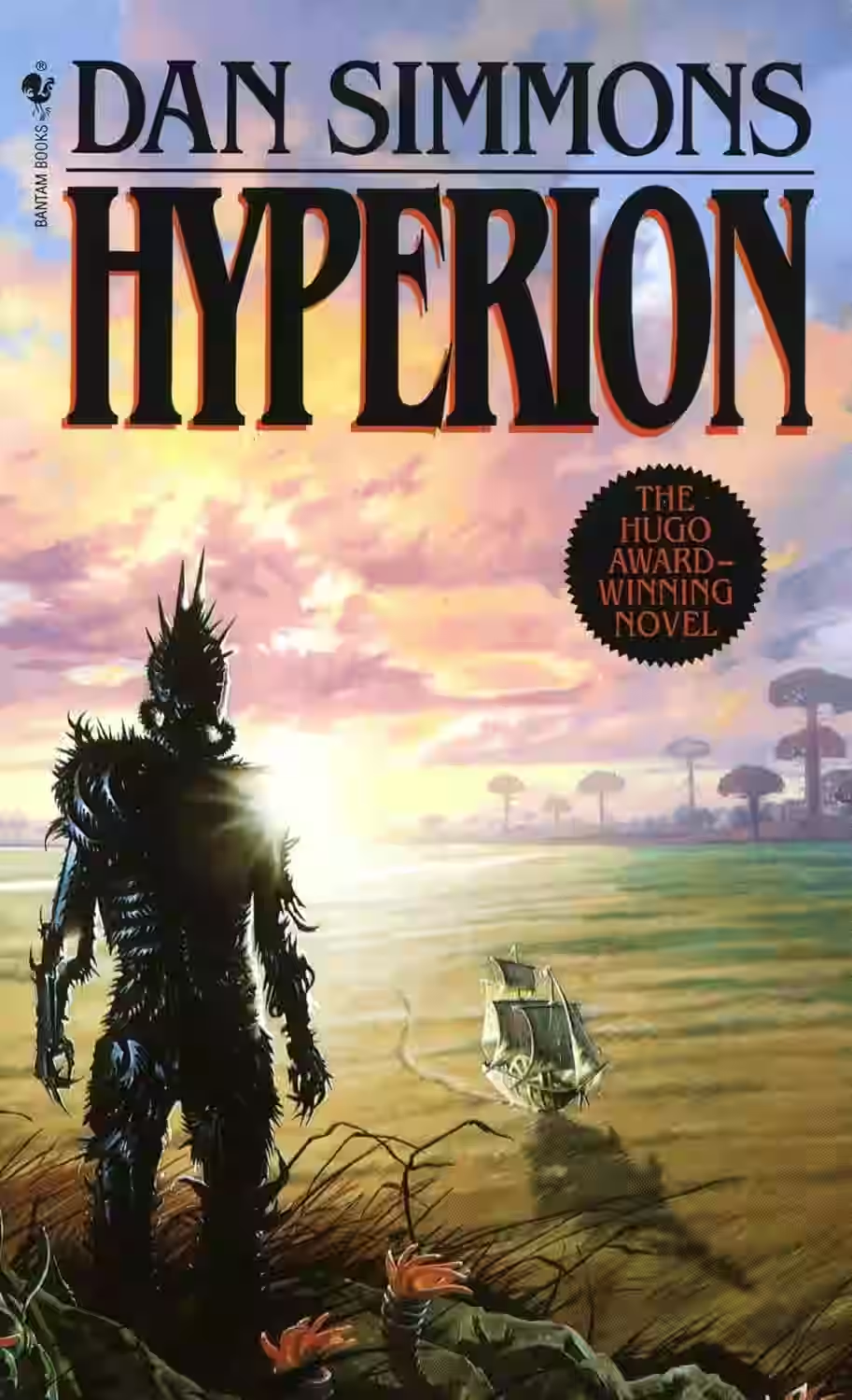
Hyperion
by Dan Simmons
Series: Hyperion Cantos (#1)
Dan Simmons' 'Hyperion' is a gripping science fiction masterpiece that weaves together elements of space opera, time travel, and philosophical inquiry. Set in a distant future where humanity has spread across the galaxy, the novel follows seven pilgrims on a harrowing journey to the enigmatic world of Hyperion, each with a tale to tell that adds layers to the rich tapestry of the narrative. As they navigate the perils of the Shrike, a terrifying entity lurking on Hyperion, they confront questions of identity, destiny, and the nature of consciousness. With its intricate world-building, complex characters, and thought-provoking exploration of existential themes, 'Hyperion' is a must-read for fans of cerebral science fiction.
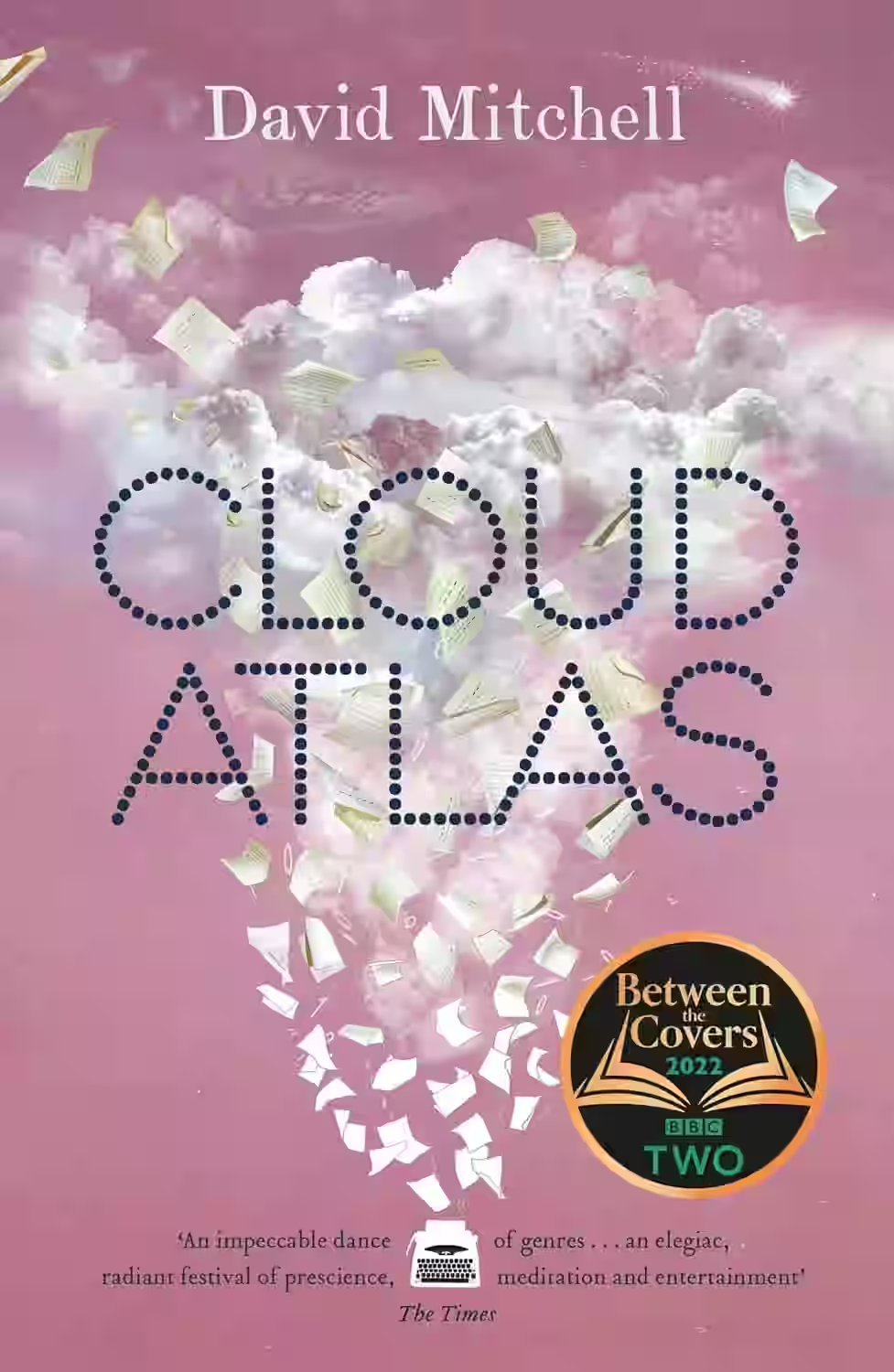
Cloud Atlas
Six nested stories span from the 19th century South Pacific to a post-apocalyptic future, each tale being discovered or experienced by the main character in the next. The novel explores how lives echo through time, examining themes of power, predacity, and the connections that transcend time and space.
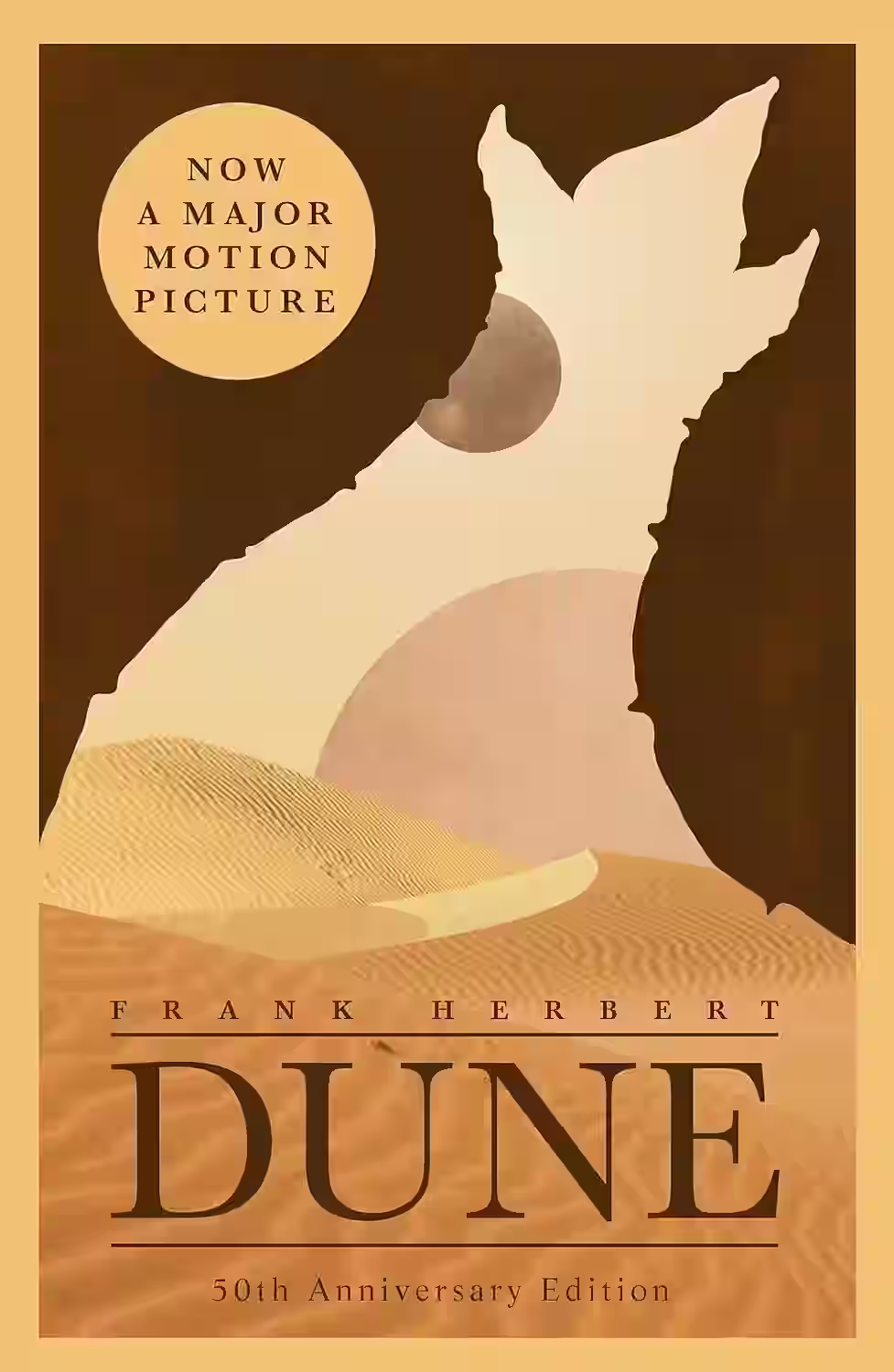
Dune
Series: Dune (#1)
Set on the desert planet Arrakis, Dune is the story of the boy Paul Atreides, who would become the mysterious man known as Muad'dib. He would avenge the traitorous plot against his noble family—and would bring to fruition humankind's most ancient and unattainable dream. A stunning blend of adventure and mysticism, environmentalism and politics, Dune won the first Nebula Award, shared the Hugo Award, and formed the basis of what is undoubtedly the grandest epic in science fiction. Frank Herbert's death in 1986 was a tragic loss, yet the astounding legacy of his visionary fiction will live forever.